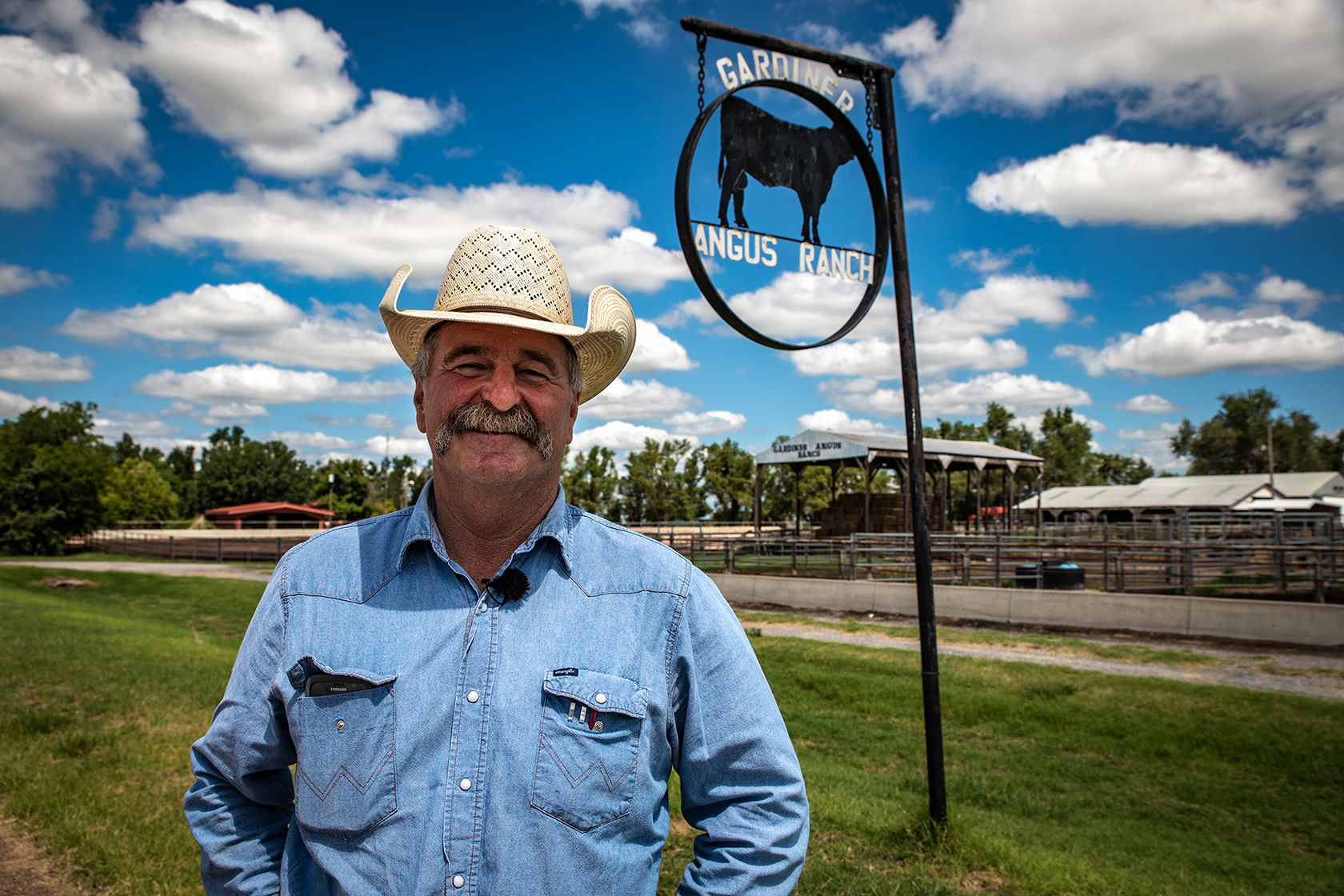Kansas rancher Mark Gardiner stands among his herd of Angus cattle grazing the native range of Clark County—where, for hundreds of years, ruminants have thrived.
Not much has changed here, he says, except for the tools ranchers now have to better care for their animals. That includes antibiotics—and, in turn, questions from consumers.
“Well, it’s a topic because it’s important to our consumers, our customers,” says Gardiner, of Gardiner Angus Ranch. “That concern that’s been raised, we have to be aware of it, and we have to address it with good science and good husbandry.”
Antimicrobial resistance has received much attention in recent years, as human and animal health officials work to understand the issue. Today, the National Institute for Animal Agriculture (NIAA) is bringing both sides to the table with what it calls a “One Health” approach to discuss and collaboratively address the issue.
Gardiner spoke at NIAA’s One Health symposium earlier this year and says open dialogue can be a turning point for change.
“People do business with people that they know, trust and like. We as American ranchers need to be people that they know, trust and like,” he explains. “My best way of answering their issues is:
I eat the same food you do, and my kids do too. If it’s a concern to you as a consumer, then it’s absolutely a concern to me. That’s the reality of it.”
Although using antibiotics for treating sick cattle can be necessary at times for cattle producers, Gardiner says it’s in everyone’s interest to be good stewards of antibiotics, and to use them appropriately.
“We have to take those withdrawals and all those recommendations as the gospel that we live by. Yes, we can get better, and I think communication and education and collaboration will help us do that,” he says.
Gardiner says fully understanding resistance issues from all sides will help to ensure tools like antibiotics stay effective.
“What would your children look like if they had a respiratory challenge and we could not trust or could not have an antibiotic that would be effective on it? That would be very scary,” he says. “I think we need that for the well-being of the animal in certain emergency situations. We just need to manage those antibiotics better.”
Ultimately, Gardiner says transparency leads to understanding. And that leads to progress.
“I think if we get in the same room, and we can talk together, and we visit about these opportunities and challenges: it’s a no brainer,” he says. “We’ll get to a better place.”
The National Institute for Animal Agriculture invites all producers to continue the conversation this fall during its 8th Annual Antibiotic Symposium titled “New Science & Technology Tools for Antibiotic Stewardship.” The event takes place Nov. 13 through 15in Overland Park, Kansas. Visit www.animalagriculture.org to learn more.



